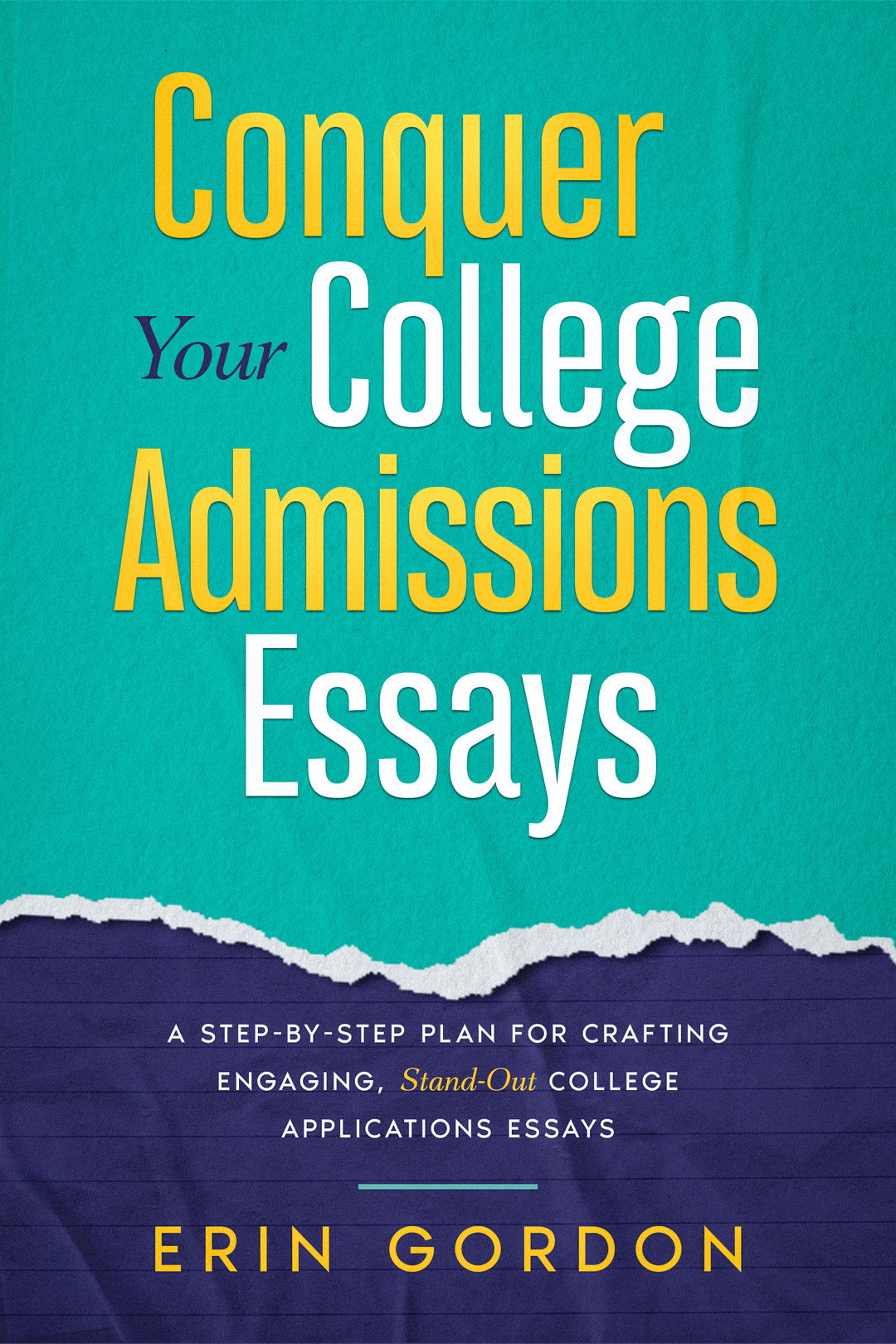Reading this book grants students the opportunity to master the craft of writing compelling and authentic college admissions essays. By following practical advice and real-life examples, readers will improve their storytelling abilities, gain confidence in presenting their unique perspectives, and ultimately increase their chances of admission to their desired colleges. This book provides guidance that demystifies the essay writing process, ensuring that students’ submissions reflect their true selves and stand out in the competitive admissions landscape.
Conquer Your College Admissions Essays: A Step-By-Step Plan for Crafting Engaging, Stand-Out Applications Essays
Key Points
1: Why Follow My Advice?
Harness the Art of Authentic Writing
In the opening chapter, the author emphasizes the power of creating genuine and impactful personal statements. By focusing on authenticity and personal experiences that are not detailed elsewhere in your application, you can craft essays that resonate deeply with admissions officers. This chapter sets the tone for a book rooted in real-world application, empowering you to highlight what truly distinguishes you from other applicants. Through this approach, your personal narrative becomes a compelling case for your uniqueness, enhancing your likelihood of acceptance.
2: What to Write About
Selecting Distinctive Essay Topics
The book advises students to use their essays to convey aspects of their identity not reflected in other parts of the application. It's crucial to choose topics that are unique and deeply personal, avoiding clichéd subjects like generic volunteer experiences. By doing so, you ensure that your essay stands out in the minds of admissions officers, helping to create a memorable application. This strategy underscores the importance of storytelling in revealing your authentic self and demonstrating your suitability for college life.
3: Tip for a Painless Writing Process
Streamline Your Writing Process
Effective writing begins with understanding that the first draft is merely a rough outline. Embrace techniques such as 'writing sprints' and the 'Pomodoro Method' to manage writing anxiety and create productive environments. By breaking the process into manageable parts—writing, revising, and refining—you alleviate the stress associated with creating perfect first drafts. This structured approach not only enhances creativity but also ensures that your final submissions are polished and error-free, ultimately increasing your chances of success in the competitive college admissions landscape.
4: Making Your Essay Stand Out
Utilize Anecdotes for a Strong Essay Start
The book suggests starting your essays with a captivating anecdote to grab the reader’s attention. This technique, known as the anecdotal lead, is about using a specific story to illustrate a broader theme. Following it with what journalists call the 'nut graf' helps explain the anecdote's significance, making your essay not only engaging but also illustrative of your personal traits or experiences. Such storytelling not only makes your essay memorable but also more relatable, thus enhancing your application by showing, not just telling.
5: A Few Words about Early Decision, Rankings and Tours
Understand the Role of Early Decisions and Rankings
The author discusses the strategic considerations of early decision applications, warning about their binding nature and financial implications. Instead, non-binding early actions are recommended to maintain flexibility. This insight helps applicants make informed decisions about their applications, focusing on personal fit over prestigious rankings. Understanding these dynamics is crucial for applicants aiming to position themselves advantageously in the admissions process, ultimately finding the best environment for personal and academic growth.
6: Find a Neutral Pair of Eyes
Seek Neutral Feedback for Polished Essays
Before submitting your essays, it’s essential to have them reviewed by someone who can offer unbiased feedback, focusing on typos, tone, and structure without altering your unique voice. This chapter underscores the value of external perspectives in crafting a compelling personal narrative that maintains its authenticity and coherence. Such feedback is vital for ensuring that your essays truly reflect your personality and aspirations, providing a balanced and polished presentation to admissions committees.

This book is for high school seniors, high school juniors, college applicants, graduate school applicants, and parents of prospective college students, parents of college appliants.